CNC Machining Indonesia: Manufacturers & Industry Guide
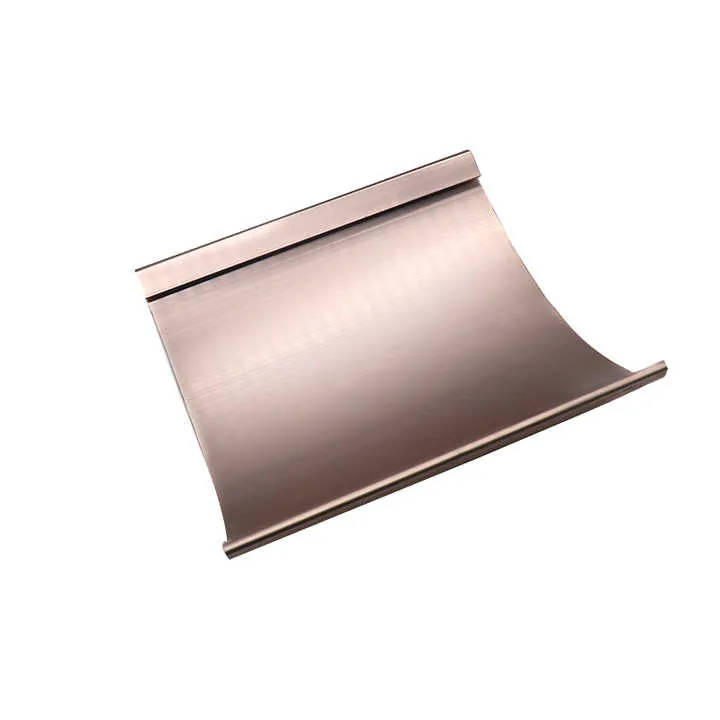
Part 1: Market Size and Growth
Indonesia’s CNC machining scene is growing fast as factories chase better precision and shorter lead times. I see this when I visit clusters in Bekasi, Karawang, Batam, and Surabaya, where new multi-axis machines keep arriving. Automotive, electronics, energy, and aerospace now shape most of the demand.
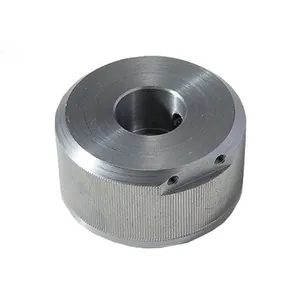
The market favors high-mix, medium-volume projects with strict PPAP or FAIR requirements. Shops invest in 4- and 5-axis mills, mill-turn centers, probing, and CMM inspection to win export work. Buyers like the balance of cost, speed, and access to Southeast Asian supply chains.
Policy and ecosystem effects matter. The government pushes local content (TKDN) in defense, energy, and telecom, so more parts are sourced at home. Industrial parks and vocational programs keep the talent pipeline moving, and that makes it easier for small firms to scale with partners.
Part 2: Leading Companies
Astra Otoparts (Manufacturing Division)
Astra Otoparts is part of Indonesia’s largest auto group, and it runs machining lines for engine, chassis, and e-mobility parts across Java. The company started with automotive spares, then built a network of precision plants that support local and export programs.
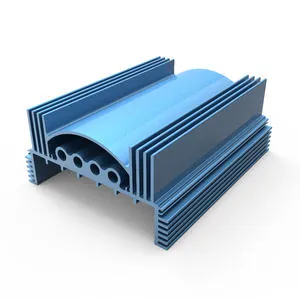
Its services cover CNC milling, turning, gear machining, and automated assembly, backed by in-line gauging and SPC. Teams handle aluminum, cast iron, and steels for powertrain, suspension, and battery structures. The group focuses on stable takt times and fast changeovers to handle variant complexity.
Astra Otoparts serves automotive, commercial vehicles, and two-wheelers, and it supports EV transitions with lightweight components. Technical highlights include multi-spindle lines, poka-yoke fixtures, and real-time quality dashboards. Certifications across key units include ISO 9001 and IATF 16949, plus environmental programs like ISO 14001.
PT Dharma Polimetal (Dharma Group)
PT Dharma Polimetal is known for precision parts, modules, and assemblies, and it sits near major OEMs in West Java. I remember a line where operators switched from one bracket to another in minutes using quick-release fixtures.
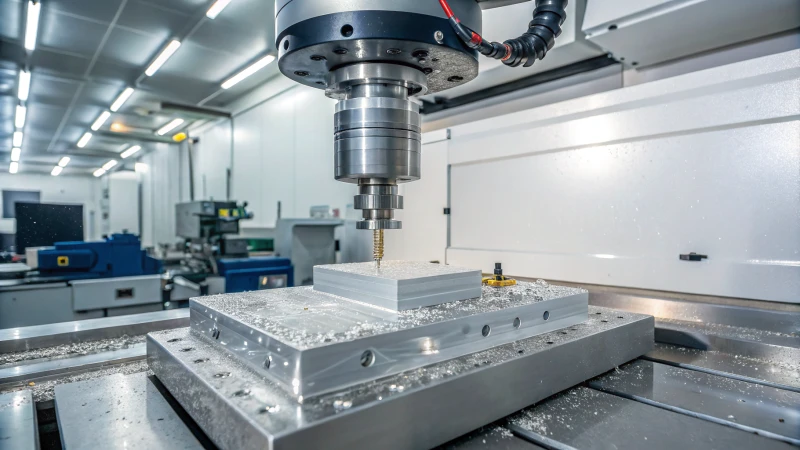
The company runs CNC turning, vertical and horizontal milling, robotic welding, and stamping with machining for finish features. It integrates MES and barcode traceability on mixed-model lines, which helps with PPAP and audits. Short setup times and solid gauge R&Rs are the team’s edge in high-mix work.
Dharma mainly serves automotive interiors, chassis, and engine systems, with growing work for e-mobility platforms. Innovation efforts target fixturing, tool life analytics, and coolant optimization. The firm holds IATF 16949 and ISO 9001 at core plants and invests in safety and energy programs.
PT Yogya Presisi Teknikatama Industri (YPTI)
YPTI, based in Yogyakarta, built its reputation on high-precision work for aerospace, medical, and industrial customers. I met an engineer there who explained how the shop cut cycle time with smarter toolpaths and in-process probing.
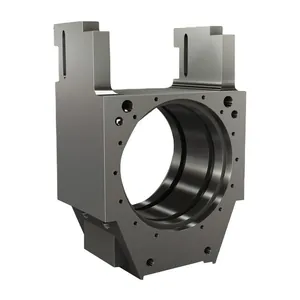
The team offers 5-axis milling, mill-turn, surface grinding, and metrology, along with small-lot assembly. It handles aluminum, titanium, and stainless parts that demand tight tolerances and clean finishes. Process control and documented traceability sit at the center of every order.
YPTI serves aerospace structures, medical instruments, and precision industrial equipment. Technical highlights include on-machine verification, CMM with thermal compensation, and CAD/CAM automation for families of parts. The company maintains ISO 9001 and pursues aerospace-grade quality systems to meet export requirements.
PT Pindad (Persero)
PT Pindad is Indonesia’s state-owned defense and industrial manufacturer with large machining shops in Bandung and Malang. I saw heavy mills shaping steel forgings that later became tracked vehicle components.
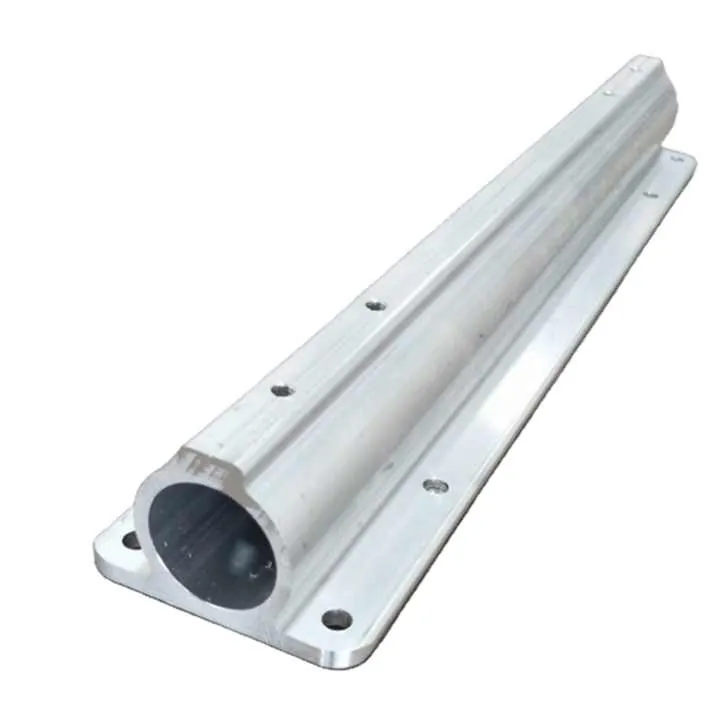
Capabilities include CNC milling and turning of large parts, gear cutting, heat treatment, and surface finishing, with testing labs on site. The team builds vehicle structures, barrels, and precision subassemblies that demand tight tolerances and rigorous inspection. Vertical integration helps control quality from raw material to final assembly.
Pindad serves defense, rail, mining, and energy. It pushes research for stronger alloys and surface treatments that extend part life in harsh environments. Certifications include ISO 9001 across core units and compliance with defense quality standards for acceptance testing.
PT Dirgantara Indonesia (Indonesian Aerospace)
PT Dirgantara Indonesia is the country’s aerospace OEM in Bandung, with machining, composites, and assembly for aircraft like the N219 and NC212i. I once watched a 5-axis cell switch from structural brackets to complex housings without missing takt.
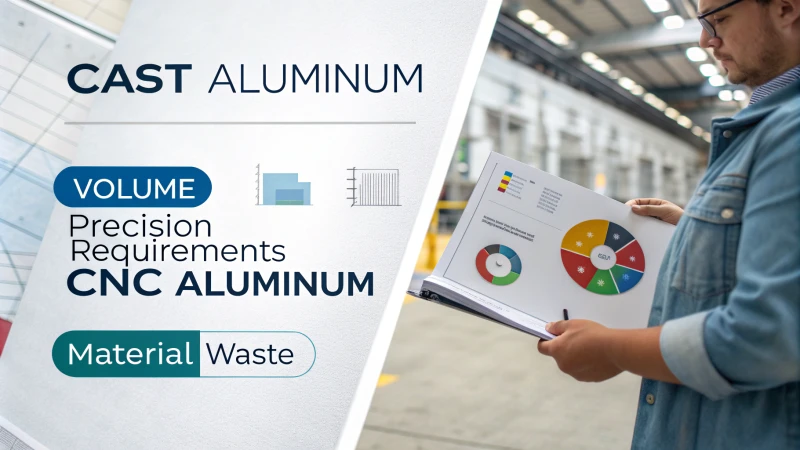
The company runs 5-axis machining, drilling, and high-accuracy inspection for airframe components, plus tooling and jigs. It supports both in-house builds and export spares for global fleets. Digital traceability, special processes, and structured first article reviews anchor the workflow.
PTDI serves commercial and defense aviation and supports MRO partners through spare parts and tooling. Technical highlights include complex drilling strategies, fixture standardization, and integrated metrology. Core sites operate under ISO 9001 with aerospace quality systems aligned to international standards.
| Company | Founded | Core Products | Industries | Certifications |
|---|---|---|---|---|
| Astra Otoparts | 1970s | Machined powertrain, chassis, EV parts | Automotive, CV, 2-Wheeler | ISO 9001, IATF 16949 |
| PT Dharma Polimetal | 1980s | CNC milled/turned parts, modules | Automotive, EV | IATF 16949, ISO 9001 |
| YPTI | 2000s | 5-axis, mill-turn, metrology | Aerospace, Medical, Industrial | ISO 9001 |
| PT Pindad (Persero) | 1980s | Heavy machining, gears, assemblies | Defense, Rail, Mining, Energy | ISO 9001, Defense QMS |
| PT Dirgantara Indonesia | 1976 | Aerospace machining, jigs, spares | Aviation (Commercial & Defense) | ISO 9001, Aerospace QMS |
Part 3: Trade Shows and Industry Events
CNC buyers and suppliers meet often in Jakarta and Surabaya. I plan my trips around two shows that pack most of the machines, tools, and metrology trends into one week. These events are the best places to compare live cutting, software demos, and financing options in one hall.
Manufacturing Indonesia & Machine Tool Indonesia
This is the country’s largest manufacturing and machine tool exhibition, held annually in Jakarta. It brings machine builders, cutting tool makers, automation vendors, and job shops from across ASEAN.

Attendees see live multi-axis demos, bar-fed turning, robotic tending, and in-process probing. Buyers also meet logistics providers and raw material distributors in nearby halls. Co-located events make it easy to build a full supply chain during one visit.
Indo Defence / Indo Aerospace (Co-located)
Indo Defence runs biennially in Jakarta and hosts Indo Aerospace in the same venue. The show attracts defense OEMs, aerospace primes, and precision suppliers that need certified machining partners.
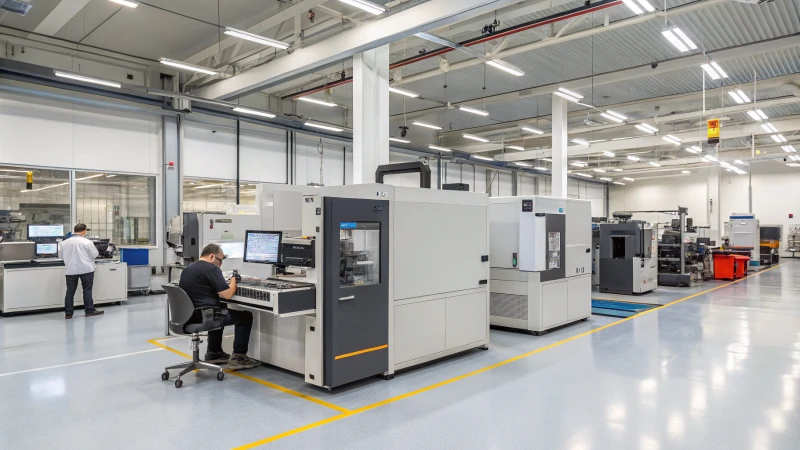
The program features product launches, procurement briefings, and B2B matchmaking. CNC firms showcase landing gear parts, structural brackets, mounts, and complex housings. Quality management, special processes, and export readiness are constant themes in the talks.
| Event | Date | Location | Highlights |
|---|---|---|---|
| Manufacturing Indonesia & Machine Tool Indonesia | Annual | Jakarta (JIExpo Kemayoran) | Live cutting, automation, metrology, supply chain |
| Indo Defence / Indo Aerospace | Biennial | Jakarta | Defense procurement, aerospace machining, B2B meetings |
Part 4: Impact of Global Trade Policies
Trade policy sets the backdrop for every sourcing decision. Indonesia sits inside ASEAN trade frameworks and participates in RCEP, which supports regional component flows. Nearshoring to ASEAN and “China+1” strategies push more RFQs toward Indonesian shops.
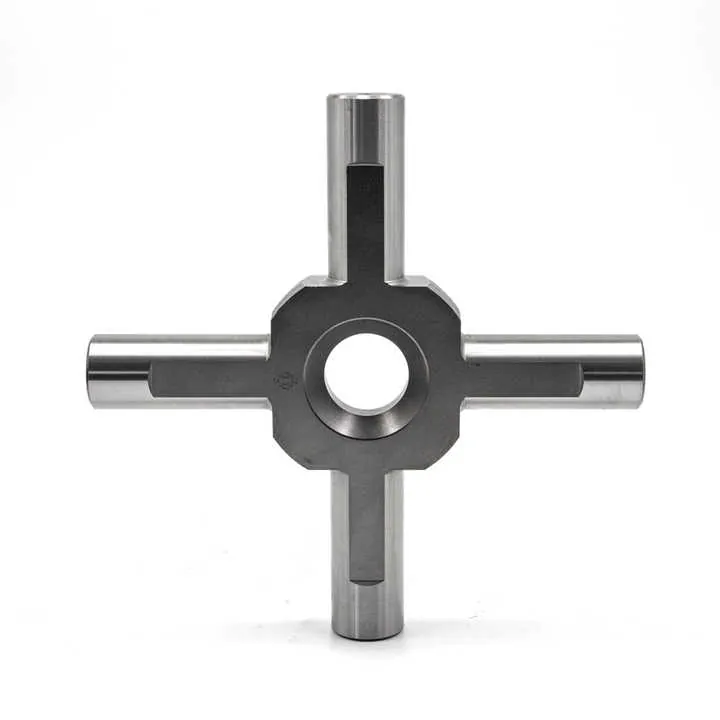
Local content (TKDN) requirements guide public projects in defense, telecom, and energy. Suppliers that document domestic value add can unlock tenders and scorecard advantages. Shops respond with clearer cost breakdowns, dual-sourcing, and stronger purchasing for steel, aluminum, and specialty alloys. Better documentation and supplier audits now sit next to toolpaths and feeds as core capabilities.
Global competition is intense, but Indonesia competes with proximity to Southeast Asian hubs, skilled labor, and reasonable logistics to Japan, Korea, and Australia. Firms win by combining automation, bilingual engineering, and robust quality systems. Those that add digital traceability and predictive maintenance cut downtime and rework, which turns speed into margin.
Part 5: Conclusion
Indonesia’s CNC machining industry now stands on solid ground. Automotive and electronics still drive volume, while aerospace, defense, and energy bring higher value work. Shops that master multi-axis machining, smart fixturing, and disciplined metrology will keep moving up the value chain.
Risks remain, including raw material volatility, currency swings, and tight labor markets for experienced programmers and inspectors. Firms that build training pipelines, secure second sources, and invest in automation will stay resilient, while others may struggle with schedule pressure and rising compliance needs.
Recommended Reading:
CNC Machining France
CNC Machining Russia
CNC Machining Uk
CNC Machining Brazil
CNC Machining Canada
CNC Machining Spain
CNC Machining Australia
CNC Machining Mexico
CNC Machining Services Malaysia
CNC Machining France
CNC Machining France
CNC Machining Russia



